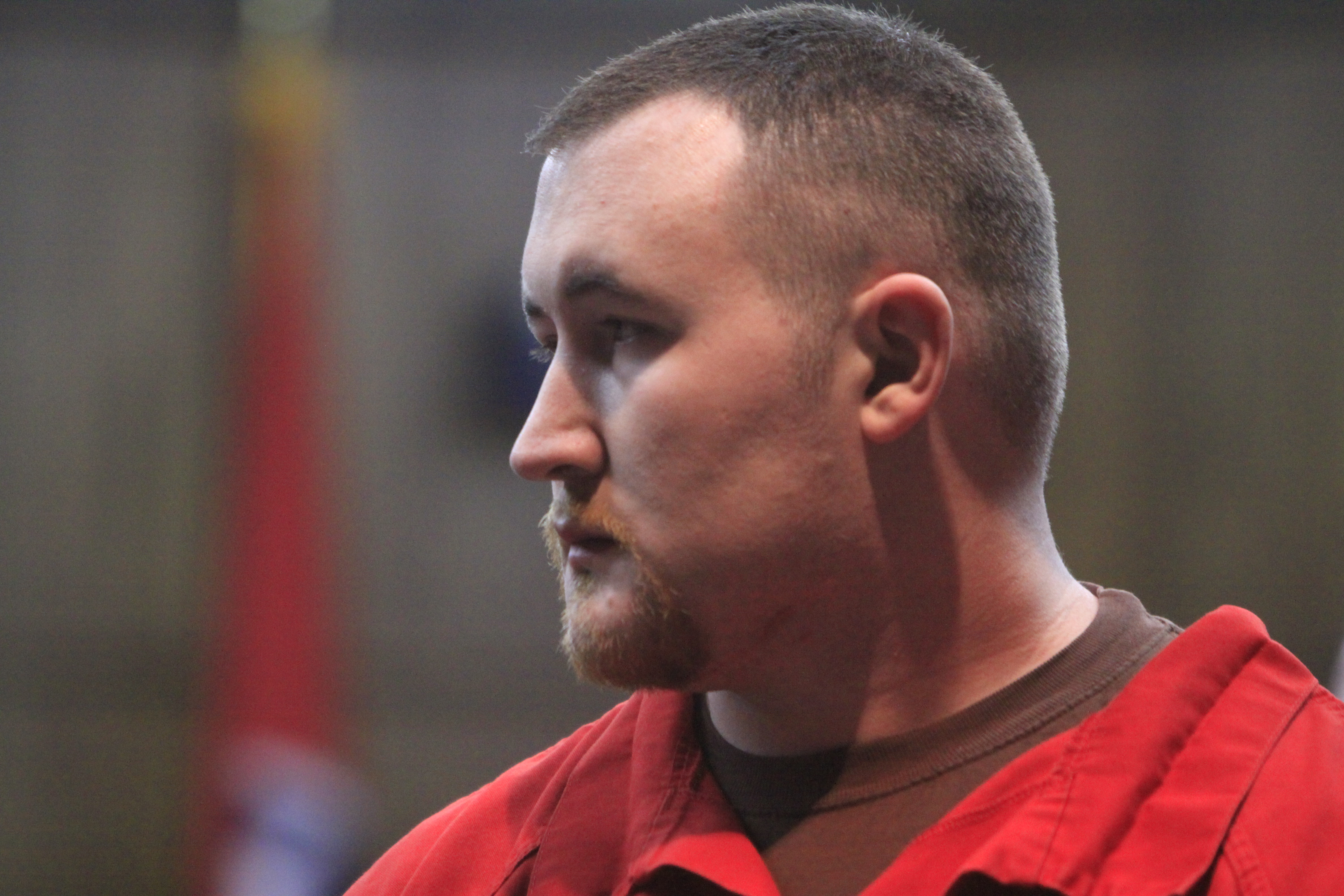A Hamilton County judge issued a gag order in the murder case involving the death of a Chattanooga police officer after a Chattanooga Times Free Press columnist requested an interview with the man charged in the slaying.
The order, issued this week, prevents the prosecution, defense, all law enforcement and defendant Jesse Mathews from making "any public statements to the media regarding this or related cases," according to court documents.
Times Free Press attorney Anthony "Bud" Jackson plans to file motions objecting to the gag order -- filed after Mathews agreed to an interview with columnist David Cook -- and asking Judge Barry Steelman to remove or reduce the directive.
"Important First Amendment rights are threatened by a gag order, regardless of whether the case involves a notorious crime," Jackson said. "The press cannot fulfill its crucial role of reporting the news if parties and witnesses are gagged from talking to the media."
Jackson said he plans to file his motions Monday.
Mathews faces the death penalty if convicted of killing Chattanooga police Sgt. Tim Chapin on April 2, 2011, during the botched robbery of a U.S. Money Shops on Brainerd Road. His trial is set for Jan. 22, 2013.
Cook requested an interview with Mathews through Hamilton County Jail Lt. Gene Coppinger on Aug. 10. Coppinger replied Wednesday that Mathews had approved the interview and set a tentative date of Friday.
On the same day, prosecutor Neal Pinkston requested a gag order and an expedited hearing, noting that Cook's interview would take place soon. Steelman granted the order.
Assistant public defenders Mary Ann Green and Karla Gothard first filed motions seeking to restrict media access to Mathews when they represented him shortly after his arrest in April 2011. Criminal Court Judge Rebecca Stern denied their request.
In a May 6, 2011, hearing, Steelman removed Green and Gothard from the case and appointed private attorneys Lee Davis and Bryan Hoss to represent Mathews.
Since then, Davis and Hoss have filed multiple motions attempting to reduce public prejudice against their client, including asking for a sequestered jury with members from outside Hamilton County, requesting individual jury questioning and asking that their client be allowed to wear civilian clothing and not be shackled during the trial.
An opinion in the 6th U.S. Circuit Court of Appeals in a 1987 federal case involving then-U.S. Rep. Harold Ford reviewed the issue of court-imposed gag orders. Tennessee is in the 6th Circuit.
The appellate judges noted that "broadly based restrictions on speech in connection with litigation are seldom, if ever, justified."
The opinion noted that the court and public "must tolerate robust and at times acrimonious or even silly public debate about litigation."
The judges called for less-restrictive means such as change of venue, sequestration or individual examination of potential jurors in place of the more restrictive gag order. Mathews' attorneys have requested all of these.
The opinion also stated that, in criminal cases, the defendant awaiting trial has the "full power of the government arrayed against him" and "full spotlight of media attention focused upon him." The defendant's desire to reply to the intense focus is in "the public's interest in the proper functioning of the judicial machinery," the court ruled.
In a separate death penalty ruling by the Tennessee Supreme Court, defendant Tony Carruthers argued that the court erred in placing a gag order on him one month before his trial. The trial judge issued the gag order to prevent "trying the case in the media" and potentially "sullying the jury pool."
Carruthers claimed the order violated his Sixth Amendment right to a fair trial and his First Amendment right to free speech.
The Tennessee judges disagreed, stating in the opinion that any error in applying the gag order did not affect the trial's outcome. They denied Carruthers' appeal.
But the Tennessee judges cited the 6th Circuit's ruling on gag orders on trial participants, which states they must meet a "clear and present danger" standard to restrict free speech. Numerous threats to attorneys in the Carruthers case helped meet that standard, according to the opinion.
There have been no publicized threats regarding the Mathews case.

